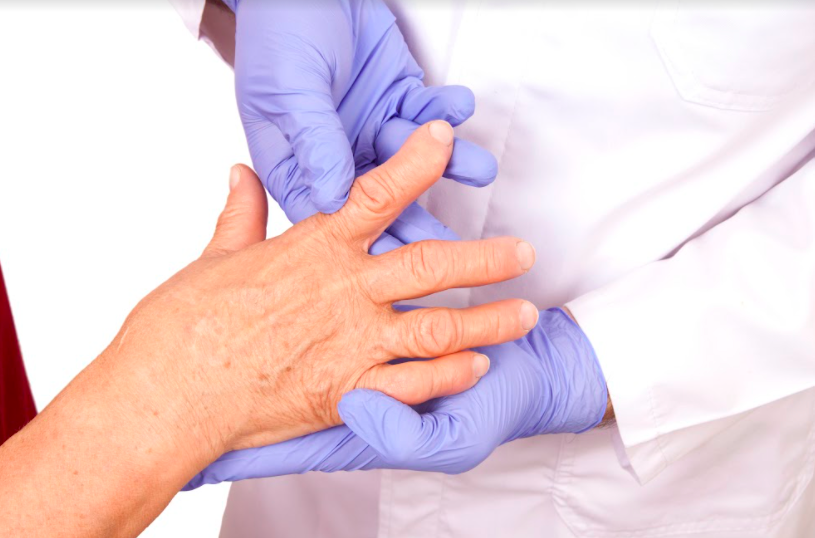This article has been fact-checked by Dr Chong Kian Tai, urologist at Surgi-TEN Specialists, Farrer Park Hospital, Singapore.
About the Doctor
Waking up multiple times during the night to urinate, known as nocturia can be more than just an inconvenience. For many, it disrupts restful sleep and impacts daily functioning. While it’s common to occasionally wake once at night to use the bathroom, doing so two or more times regularly may be a sign of an underlying issue.
What Causes Frequent Nighttime Urination?
Nocturia can have many causes, ranging from lifestyle habits to medical conditions. One of the most common factors is excessive fluid intake in the evening, especially beverages like tea, coffee, or alcohol that have diuretic effects. Drinking too much water or other fluids within two hours of bedtime may lead to frequent urination during the night.
However, if your fluid intake is moderate and you’re still waking up often to urinate, a medical cause may be at play. These include:
- Urinary tract infections (UTIs): Infections can irritate the bladder, leading to a persistent urge to urinate.
- Diabetes: High blood sugar levels can cause the kidneys to produce more urine.
- Benign prostatic hyperplasia (BPH): In men, an enlarged prostate can block urine flow, leading to incomplete emptying of the bladder and frequent urination.
- Overactive bladder: This condition causes sudden, involuntary contractions of the bladder muscles.
- Heart or kidney conditions: These can affect the body’s fluid balance and lead to increased nighttime urine production.
- Sleep disorders: Conditions like obstructive sleep apnea may also trigger nocturia due to changes in hormone levels during sleep.
When Should You See a Doctor?
If night-time urination is affecting your sleep quality, it’s worth seeking medical advice. Be especially alert if it’s accompanied by other symptoms such as burning during urination, cloudy or foul-smelling urine, unexplained weight loss, or swelling in your legs or feet. Your doctor may recommend urine tests, blood work, or imaging studies to identify the underlying cause.
How Can You Manage Nocturia?
Treatment depends on the underlying cause. However, general strategies include:
- Adjust fluid intake: Limit fluids in the evening, particularly two hours before bed. Reduce intake of caffeine and alcohol.
- Schedule bathroom trips: Try to urinate before going to bed, and empty your bladder completely.
- Elevate your legs: If fluid retention in your legs is a concern, elevating them for an hour or two before bed may help reduce nighttime urination.
- Manage underlying conditions: Proper control of diabetes, prostate issues, or sleep apnea can significantly improve symptoms.
In some cases, medications like anticholinergics (for overactive bladder) or desmopressin (to reduce urine production) may be prescribed.
Conclusion
Frequent urination at night is not just a normal part of aging it can be a signal from your body that something needs attention. With proper evaluation and lifestyle adjustments, nocturia can often be managed or even resolved. Don’t ignore the symptoms; a good night’s sleep is essential for your overall health and well-being.


































